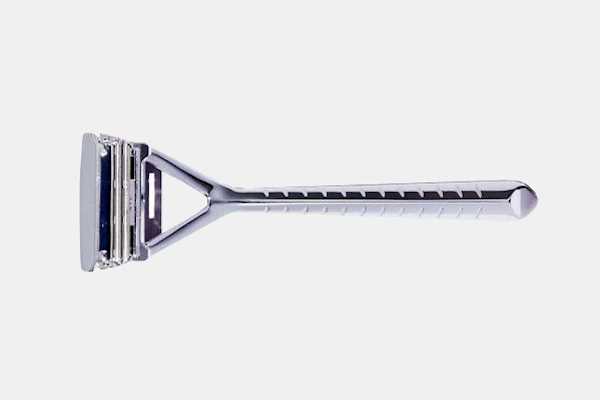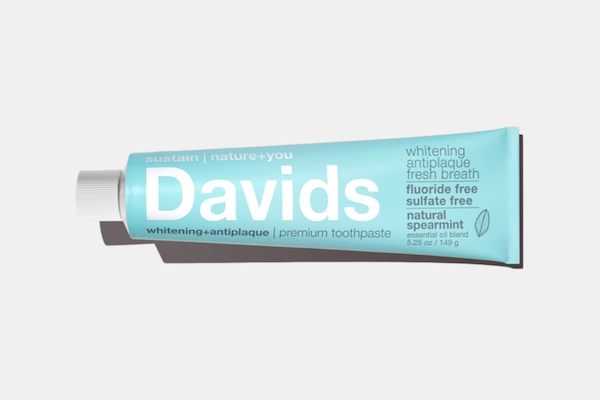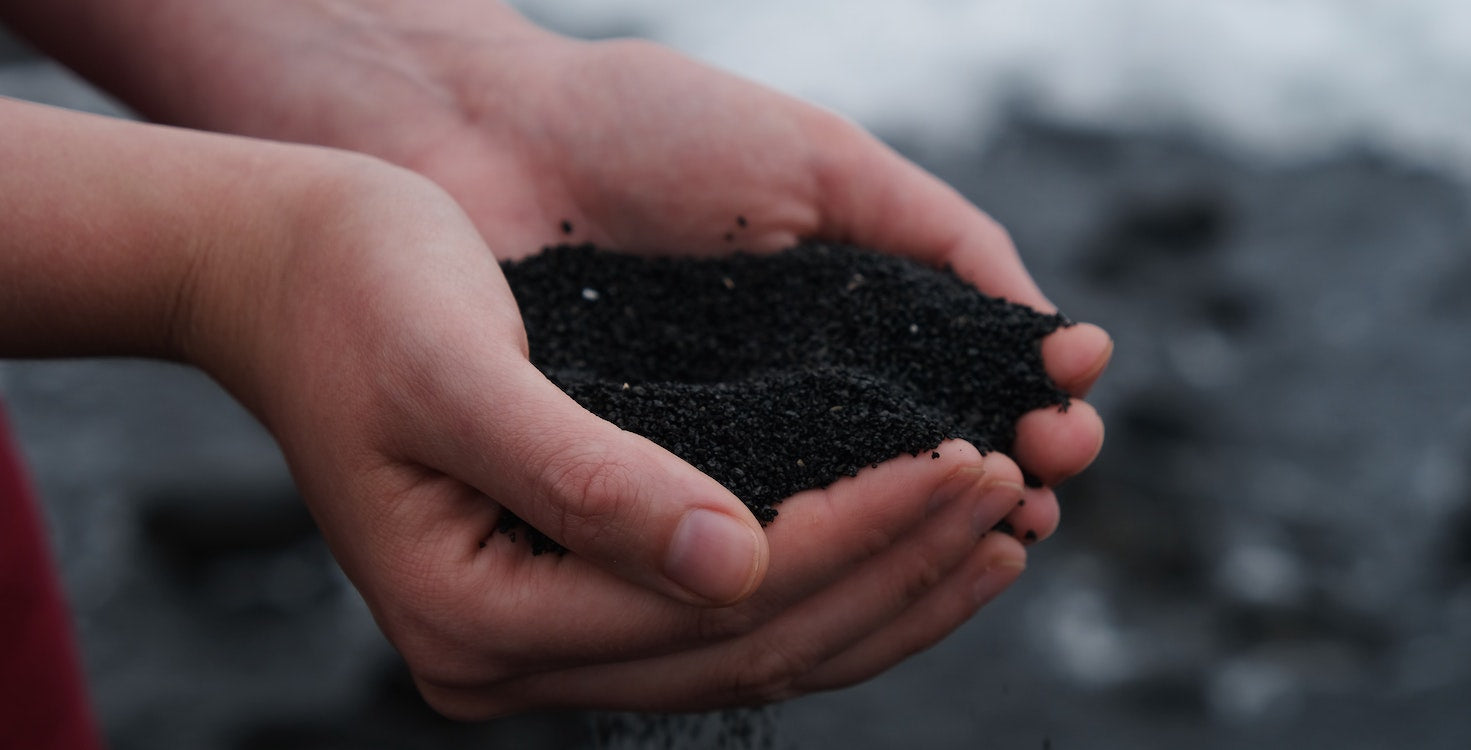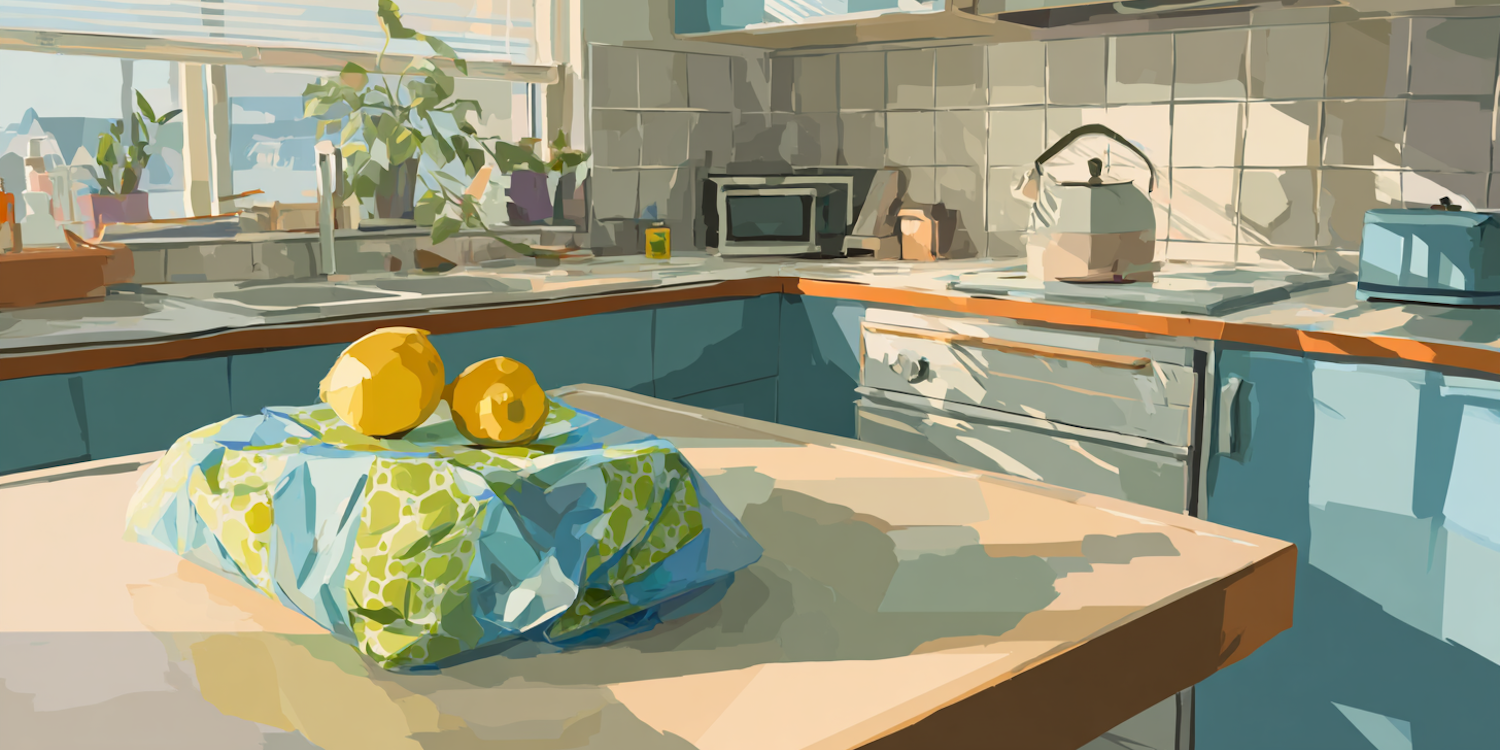How To Make Homemade Compost And Use Bagged Compost Efficiently.
As the world is changing, people are becoming more aware of the importance of growing their food. In vegetable gardens, bagged compost is often used as a top dressing to improve soil quality. Here are some tips on how to make and use your compost:
- The first step is to find a suitable location for your compost pile or bin. It should be close to your vegetable garden so that it is easy to transport the finished compost.
- The next step is to add organic materials to your bin. This can include vegetable scraps, eggshells, coffee grounds, and more.
- Once you have added all organic materials, you will need to water the compost regularly. This will help the materials break down and create compost.
- If you are using a bin, you will need to stir the compost regularly. This will help it break down faster.
- When the compost is ready, it will be dark in color and have an earthy smell. You can then use it in your vegetable garden or flower beds.
There are many benefits to using compost in your garden. Not only does it help improve the soil quality, but it also helps promote plant growth and increases yields. This blog post will discuss the best tips for creating compost, and we will also advise using bagged compost and homemade compost in your garden. Let's get started!

What Is The Best Organic Compost?
There are many types of compost, but the best compost is made from various materials found in your yard or garden. The best compost for vegetable gardens contains a blend of green and brown materials.
What are brown and green materials?
Plants that contain high nitrogen or protein levels are referred to as greens. They also tend to heat compost since they aid in the rapid development and multiplication of microorganisms.
Carbohydrate-rich materials such as browns are carbon. Brown materials serve as food sources for various soil-dwelling creatures that will work with the microbes to decompose the contents of your compost. Brown goods also add mass and aid in air circulation throughout the pile.
- fresh grass clippings
- leaves
- straw
- shredded bark or wood chips
- manure
- coffee grounds
- eggshells
Composting is a great way to recycle organic vegetables and create nutrient-rich soil for your garden. It can also help reduce the amount of waste that goes into landfills.
Be careful not to throw anything in your compost that is not made for home composting, such as:
- meat or bones
- dairy products
- Diseased plants
- treated wood
- doggy poop bags
- any biodegradable plastic that claims to be compostable.
- modern tea bags (they use polypropylene to glue them together)
These items can introduce harmful bacteria or chemicals into your compost and should be avoided. Now that we've gone over organic compost let's discuss the benefits of compost in your vegetable garden.

The Benefits Of Composting Your Vegetable Garden
Composting is a great way to recycle organic vegetables and create nutrient-rich soil for your garden.
- Composting improves soil structure to grow healthy plants.
- it gives a purpose to your food waste
- you feed vegetable plants with your old composted vegetables
- Its the cycle of life
How To Make Good Compost At Home?
Making your compost is easy and only requires a few simple steps:
- Collect organic materials from your yard and garden. This can include vegetable scraps, leaves, grass clippings, straws, etc.
- Add the organic materials to compost or bin.
- Water the compost regularly.
- Stir the compost regularly if using a bin.
- Wait for the compost to finish cooking. This will take a few weeks to a few months, depending on the materials used.
- Once the compost is finished, use it in your vegetable garden or flower beds.
Make A Compost Bin From Pallets.
One of the most straightforward solutions (if you have a garden) is to make a bin out of pallets. This is reusing at its best, and not only are pallets primarily free, and they are also structurally sound and can hold a cubic yard of compost.
The easiest method is by building a back wall and two side walls. Then you can load your grass clippings or any other organic material that you want to compost easily in the front.
We designed it to keep putting boards in the front, and as your pile grows, so does your bin.
Now that you know how to make compost at home let's use bagged compost in your vegetable garden!
What Is The Best-Bagged Compost?
Some Of The Best-Bagged Compost Brands Include:
1. Charlie's Compost. Charlie's Compost is an excellent choice for bagged compost, and it is made from various fresh, organic materials and is certified organic. You can get it in most hardware stores with a garden center.
2. Black & Gold - Garden Compost. If you are looking for compost with higher nitrogen content, consider Black & Gold Compost. It is made from chicken manure and other natural ingredients. The Gold & Black Gold Garden Compost is a high-quality compost mix. Thanks to composted bark and Canadian Sphagnum peat moss, you'll get an excellent combination of vegetables.
3. Michigan Peat - Garden Magic Compost and Manure. One of the best composts for vegetable gardens we found is the Michigan Peat 5240, It's a combination of organic reed sedge peat and composted animal dung, which is rich in natural nutrients. You can learn about them here, and purchase Michigan Peat at most outdoor centers.
4. Just Natural - Natural & Organic Mushroom Compost. Mushrooms are a wonderful ingredient for composting. Not only are their composts more cost-effective, but they also retain water well. They can even provide your potted plants, lawns, and raised garden beds with extra nutrients (such as humus).
The only disadvantage of this brand is the stench it produces. Mushroom-based composts, unfortunately, are sometimes associated with an unpleasant odor. It may be preferable to utilize this option for outdoor plants since
You can buy mushroom compost from mushroom farms, manure suppliers, and garden centers.
The Different Types of Compost
- Fresh compost can be made from various organic materials, including kitchen scraps, yard waste, and manure. Compost can help improve the quality of your vegetable garden soil by adding nutrients and improving drainage.
- Farmyard manure is a type of compost made from animal manure. It is high in nitrogen and helps to enrich the soil.
- Green manure is a type of compost made from plants that are chopped and then left to decompose. The plant matter helps to add nitrogen and other nutrients to the soil.
- Worm compost is made from the castings of particular species of worms. It consists of scraps and other organic waste that certain worm species have broken down.
What is the Best Quality Compost?
The answer here is short. The best compost is homemade compost from food scraps and other materials like hair and nails, leftover ash from your fireplace, yard waste from clippings, and vegetable plants.
But what if you don't have time to make your own compost?
You can buy bagged compost from your local garden center, but read the label to ensure it is certified organic.
What Kind Of Compost Is Best For Vegetable Gardens?
The Michigan Peat Hangar's Garden Magic Compost and Manure is another big success, and it's fantastic for vegetable gardens, nursery plantings, and as a top dressing for lawns and planting beds.
It's an odor-free, all-natural combination of peat that's derived from partially composting plants and mosses in acidic and sandy soils.
Gardeners in the know swear by it for its ability to help break down vegetable matter, increase water retention and drainage, add organic matter and beneficial bacteria to soil, suppress plant diseases, and promote better root growth. You can also use Garden Magic as a mulch layer to help control weeds.
What To Look For When Buying Compost
Avoid buying any bag of compost where biosolids are labeled as an ingredient.
Does Compost Need To Be Organic?
Compost does not have to be organic, but it is recommended that you utilize only organic materials in your compost for the best results. Non-organic items might include pollutants that can harm plants.
If you are not able to find or afford certified organic compost, there are a few things you can do to make sure your compost is as safe as possible:
- Use only clean, non-toxic materials in your compost pile.
- Avoid using meat, dairy products, or pet manure, as they can attract pests.
- Be sure to turn your compost regularly to aerate it and help speed up the decomposition process.
You can also look for composting bins made from galvanized steel or plastic, as they will help keep pests out.

Is Compost Soil?
Compost is not soil, but it can be used to improve soil quality. Compost adds organic matter to the ground, which helps increase water retention and drainage. It also provides nutrients that help plants grow healthy and strong.
You can add compost to your garden each year or till it into the soil before planting. Be sure to add a layer of compost that is two inches thick.
You can also use compost as a mulch around plants, and this will help suppress weeds and retain moisture in the soil.
If you have any questions about whether or not compost is suitable for your suitability, talk to your local nursery or extension office. They will be able to give you more information about using compost in your garden.
Can I Plant Directly In Compost?
If you add compost to your vegetable garden, it's best not to plant directly into the compost.
Instead, mix it in with the existing soil and mulch over the top of the vegetable seeds. If you choose to use bagged compost as a soil amendment for vegetable gardens or other planting beds, be sure that there are plenty of drainages. Excess moisture can cause plant diseases.
If you use compost as a mulch, keep it about two inches thick. If you let the compost get too high, the bottom layer will start to decompose and release heat, damaging plants.
Is Organic Compost Good For Vegetable Gardens?
Organic compost is an excellent addition to vegetable gardens, and it will improve the soil's moisture retention, drainage, and nutrient content.
Compost can help control weeds by blocking sunlight and preventing weed seeds from germinating.
Do You Have Any Tips For Using Organic Compost?
If you use compost in your vegetable garden, mix it with the existing soil. You can also use it as a mulch around plants, and this will help suppress weeds and retain moisture in the ground.
Composting In A Small Apartment - Do's and Dont's
- If you live in a small space, you can still compost! You have to be mindful of a few things.
- Do: Choose the right bin. If you don't have a lot of space, look for a smaller container to fit in your kitchen or bathroom.
- Do: Chop up your scraps. Smaller pieces will decompose more quickly.
- Do: Add air to your bin, which will help speed up the composting process.
- Do: Keep it moist. Too much water will slow down the process, but not enough will make it difficult for the microbes to do their job.
- Don't: Overload your bin. If you add too much at once, it will take longer to compost.
- Don't: Forget about it. Composting requires some maintenance, so check on your bin every week.
With these tips, you can successfully compost in a small space! Give it a try and see how it goes.
In Conclusion
So, what is the best organic compost to buy? It depends on your needs and what you are looking for.
If you have the time and resources, making your compost can be a great way to get precisely what you want in terms of ingredients and nutrients.
However, if you are short on time or want something already pre-made, there are plenty of good options available to choose from.
No matter which route you go, adding compost to your garden is a great way to help improve soil health and increase plant growth.
Have you tried using compost in your garden before? What was your experience like?
Bonus check out this innovative tool that uses the gas from your compost to make cooking gas.
We hope this was useful and gets you started on your gardening journey. Be sure to leave a comment with any questions below and check out more content about living in harmony with yourself and the planet.






